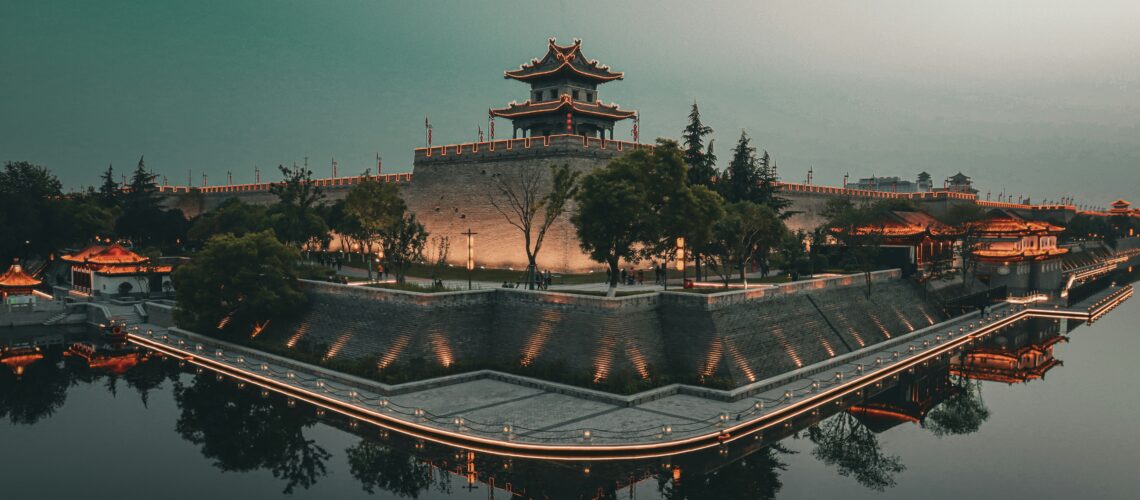April 16, 2025
China This week I have dug up three articles on the one country at the forefront of people’s minds: China. Despite my best efforts to understand the country, China remains a mystery. Like my own birth country (the USA), China is too large to easily understand at a glance. Although I have read much about China and tried to understand some of its nuance, I still feel as though I am the proverbial blind man piecing together an elephant. Thus, having only touched the surface, I must admit that I have no idea what China is. However, I hope that the three articles linked below provide some insight and help you understand what China might be and what it may have become. Chabuduo James Palmer’s 2016 essay, “What Chinese Corner-Cutting Reveals about Modernity”, offers insight into China’s economic boom and its potential for bust. Palmer’s essay centers on the mandarin term chabuduo meaning ‘good enough’. Read more…




